Prince George’s and Montgomery Counties, Maryland
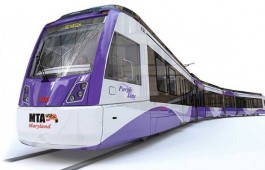

Purple Line Project
Location
Owner/Client
State of Maryland and through the Maryland Transit Administration (MTA) and the Maryland Department of Transportation (MDOT)
Project Value
Public Private Partnership (P3) approximately $5 Billion
Disadvantaged Business Enterprise Goals
26% – Design Phase, 22% – Construction Phase
Affirmative Action and Equal Employment Opportunity Goals
28.0% – Minority, 6.9% – Female
Workforce Services Goals
- 33% or more of all Construction Work Hours are performed by Nationally Targeted Workers (NTW), of which:10% must be representative of NTW of Socially Disadvantage, and
- not more than 50% of the aggregate Construction Work Hours performed pursuant to the 33% and 10% requirements, may be worked by Helpers or other Unskilled Laborer position as defined in the Davis-Bacon Act.
The Purple Line is a 16-mile light rail system extending from New Carrollton in Prince George’s County to Bethesda in Montgomery County. The system will provide a direct connection to the Red, Green and Orange Metro Lines; and will also connect to MARC, AMTRAK, and local bus services. As a modern light-rail system, the Purple Line is being designed as a safe, quiet, electrically-powered transit vehicle that can operate in existing streets or in its own right-of-way. Upon completion of construction, the daily ridership of the Purple Line is projected to steadily increase to 74,000 citizens by the year 2040 with a projection of over 2,300 jobs being created over the course of Purple Line construction.
The State of Maryland (MTA/MDOT) entered into a Public Private Partnership (P3) Agreement with the Purple Line Transit Partners, LLC (PLTP), the Concessionaire, to finance, design, build and operate the project for the next 30 years.
L. S. Caldwell & Associates, Inc. (LSC) was subcontracted to serve as the Economic Empowerment Team (EET), engaged to provide compliance oversight with the authority and responsibility for:
- Reducing barriers for inclusionary participation for small business, including DBEs;
- Workforce development programs, and
- Community workforce partnerships.
In addition, LSC monitors all relevant and associated contracting goals as set forth in the executed P3 Agreement by and between PLTP and the Maryland Transportation Authority (MTA).
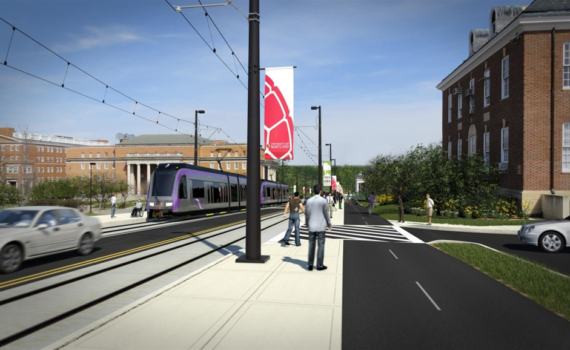
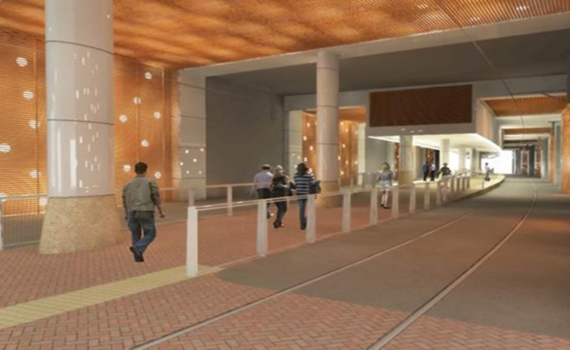
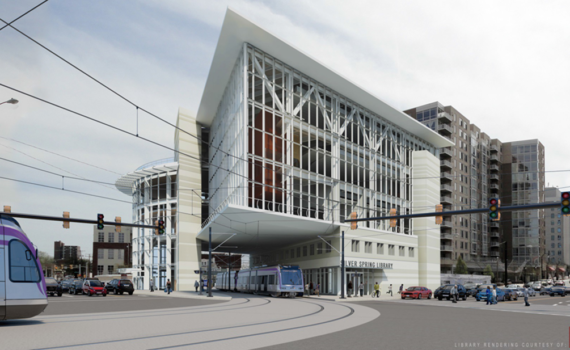
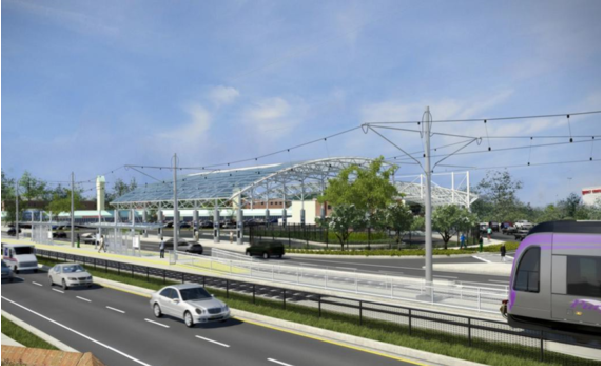
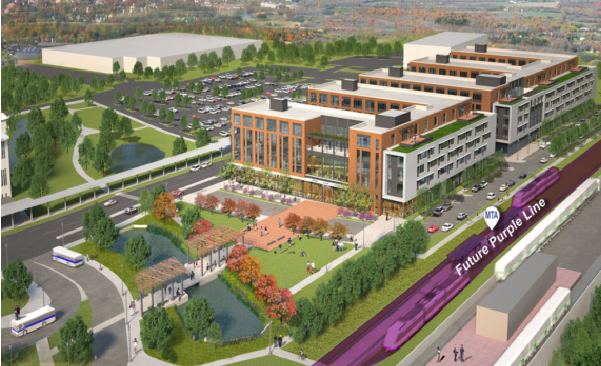
LSC has specifically been charged with:
- PLTP compliance oversight and reporting
- Assist with media and public relations
- Develop and cultivate relationships with community and business stakeholders (e.g. University of Maryland, Bowie State, small Business and Community members).
- Lead Partnership Efforts with local Economic Development agencies
- Provide oversight and recommendations for contracting, employment and training programs to PLTC.



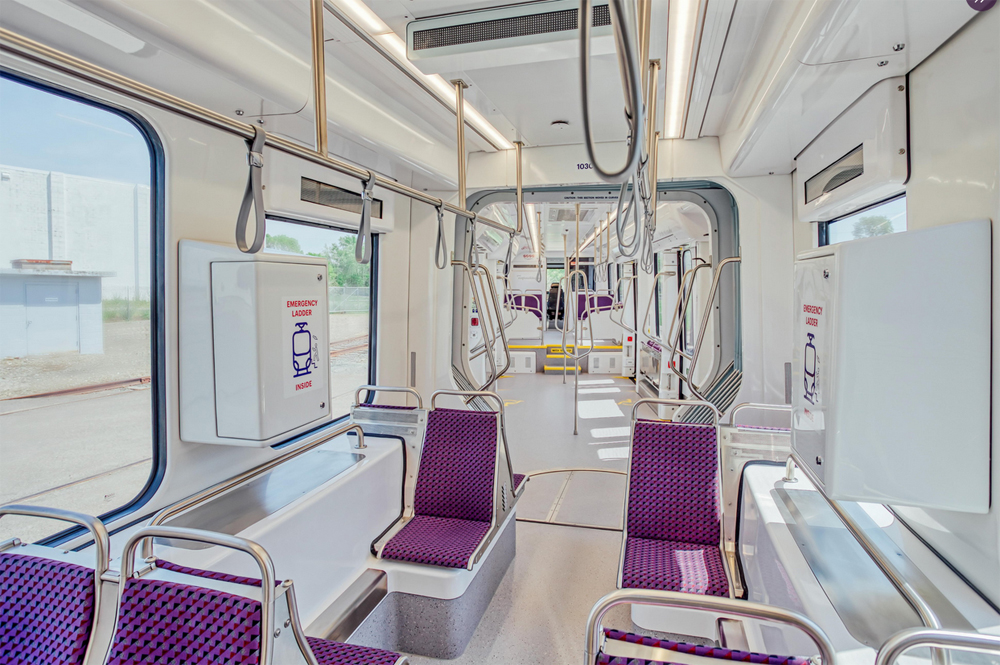


Written by: QueveraAdmin



